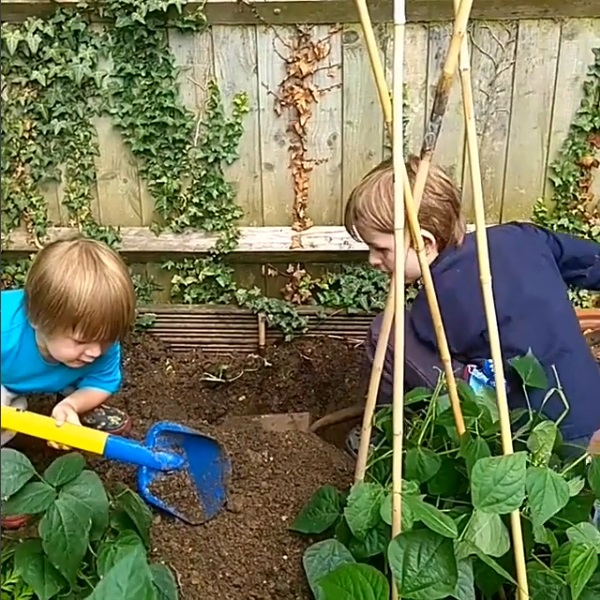
The responsibilities of parenting can be incredibly overwhelming.
Potty training. Hygiene. Nutrition. Right from wrong. We have so much to teach and so little time to do it. We often wonder whether we’re getting it right or screwing it up completely…but we keep trying.
And now, in the current social climate, we also have to make sure that we’re raising kind humans. If we’re socially conscious, we have to worry about not raising little a**holes—and instead, raise humans who respect others regardless of gender, class, race, sexual orientation, or any other demographic factor.
If we’re environmentally conscious, we worry about teaching our children to have some concern and respect for the planet we call home. It’s a challenge.
So how do we do it? Here are 11 ways to raise eco-friendly, socially conscious children:
1.Teach children to respect and be kind to animals. Never allow a child to ride around on the family dog or pull a cat’s tail. These aren’t behaviors that should be laughed at or encouraged.
2. Teach children that taking care of our communities is a shared responsibility. See a piece of litter? Pick it up. Model that concern for children. We can make sure that they see that we all have a part to play in keeping our communities beautiful.
3. Teach children to recycle. Our home has three recycling bins and little garbage. We can teach children what items can be recycled and how important it is that we do our parts to contribute to a healthier planet.
4. Teach children to compost. My children know that we can put banana peels, egg shells, and coffee grounds in our tiny garden. We can teach children that many items can be composted to go back into the earth to help things grow.
5. Teach children to garden. Not only does it act as a handy learning tool and science experiment, but gardening is also fun for kids. Growing our own fruits, herbs, and vegetables (organically) is a great way to teach environmental responsibility.
6. Teach children not to waste food. This is tough in our home. I’m learning to serve smaller portions, so that food doesn’t go to waste. The reduce part of “Reduce-Reuse-Recycle” is an important part of having a green household.
7. Teach children to take care of their belongings, so that when they are done with them, they can be re-homed. We can donate gently used toys and clothes to charity organizations or pass them along to others we know who can use them.
8. Teach children to have a heart for serving others. They can volunteer and participate in service projects, raise funds for a worthy cause, or think of ways of helping others in their communities.
9. Teach children to reach out to others. Let’s raise children who want to sit with the child who is sitting alone at a table at school. We need to raise children who include others, who look for opportunities to be welcoming, and who treat others kindly.
10. Teach children to speak out against being unkind and bullying behaviors, rather than participating through silence or by looking the other way. Even in pre-K, my daughter is learning the difference between tattling to get someone in trouble and reporting something that is wrong. As adults, we need to learn the difference between speaking out or standing up for others and gossiping.
11. Teach children to be respectful of others. We can do this by teaching good manners, some sense of social etiquette, and by modeling these behaviors ourselves.
As parents, it’s not enough that we serve them vegetables and teach them to tie their shoes. We need to also look for ways to model and teach kindness, empathy, compassion, and forgiveness. We need to raise children who are helpers and includers—children who are welcoming and friendly. We don’t need any more bullies or selfish humans. The earth already has plenty of those—but we could all stand to raise kinder humans.
~
Relephant:
Raising a Mindful Child.
14 Simple Actions We Can All Take Right Now Toward Living More Sustainably.
~
Author: Crystal Jackson
Image: Instagram @kharajade
Image: Instagram @kharajade

No comments:
Post a Comment